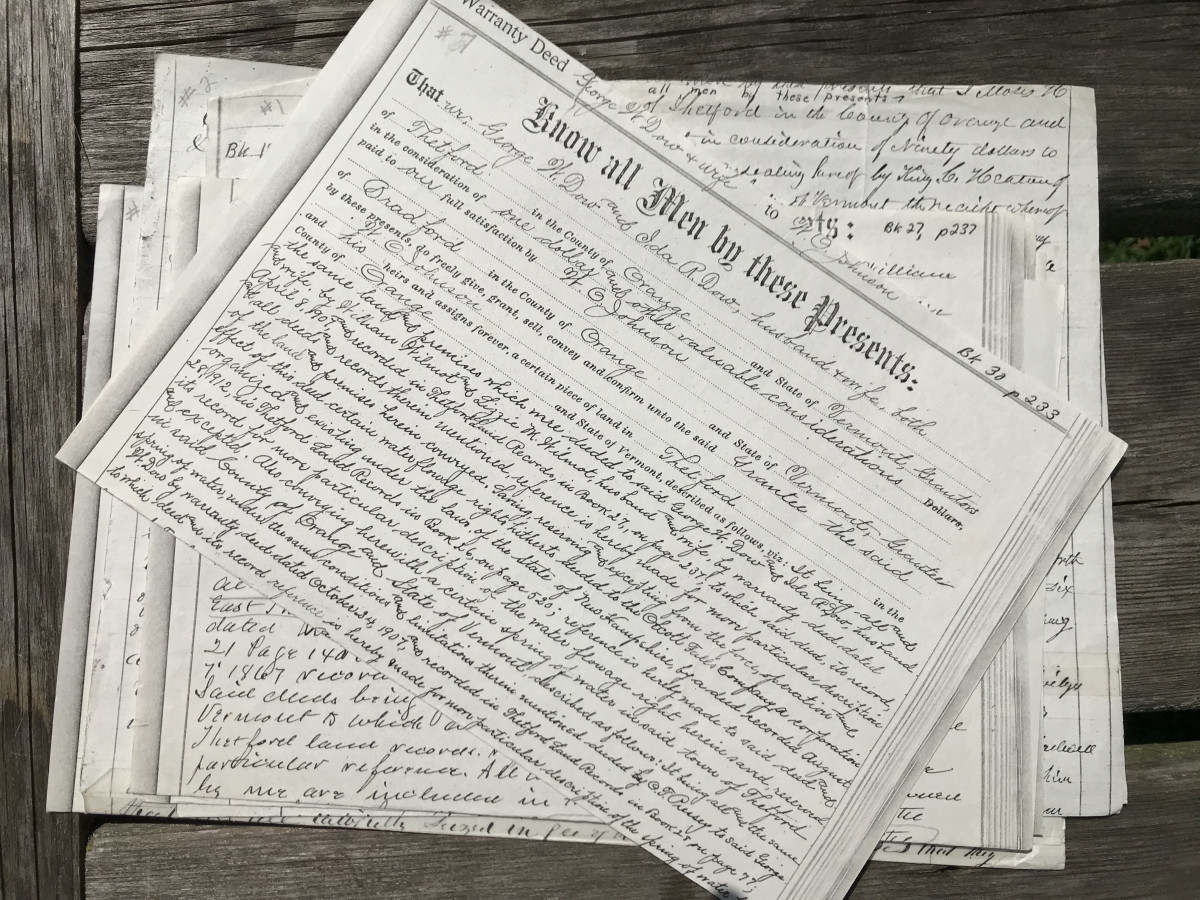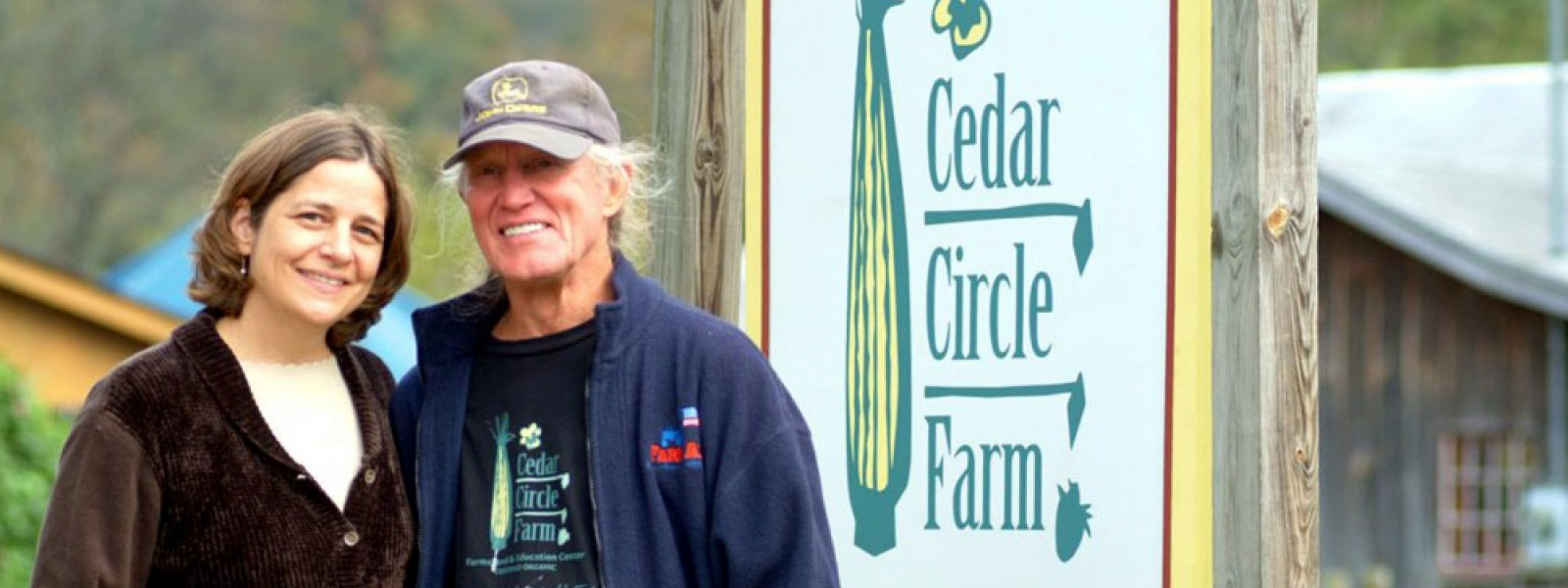Hands on the Land: Our History
Cedar Circle Farm is named after a circle of cedar trees planted behind the farmhouse many years ago. No one knows which of the previous farmers placed the seedlings into the ground overlooking the fields. Or what they envisioned for the future of their piece of land.
They likely couldn’t have imagined the campers who would be shaded by the canopy of our ‘Enchanted Forest,’ or the fields full of eager strawberry pickers in the middle of June. But maybe they could imagine the rich history of stewardship of this land.
The fertile ground on the banks of the Connecticut River that we inhabit has been farmed for the past 500 years, when indigenous people began to develop permanent agricultural practices. We don’t know who the first person of European descent to call this land theirs was, but we have a record of deeds stretching back to 1855.

Not much is known about the fourteen previous land owners, but in 1978, Robert and Marilyn Stone purchased the land and bestowed on it the name Cedar Circle Farm. Over their 22-year tenure, the farm’s main focus was growing annuals and perennials for landscaping and operating a pick-your-own strawberry patch, blueberry patch and pumpkin patch. Through their foresight and partnerships with the Vermont Land Trust and the Upper Valley Land Trust, this property will be farmland in perpetuity.
When our founders, Will Allen and Kate Duesterberg took over the farm in 2000, they kept the essence of the Stone’s business while transitioning the farm to organic growing practices. Their goal was to become a farm and education center. They envisioned the farm as a place to raise public awareness about the benefits of local organic agriculture and to research and experiment with new organic growing practices.
Over the years the farm has been involved with numerous community-focused initiatives and developed diverse farm-based education programming. The farm has offered its CSA program since 2004, partnered with Willing Hands since 2006, and introduced its summer day camp in 2016. On a statewide level Cedar Circle Farm was deeply involved with the “GMO Right to Know” campaign, a push for stricter organic standards with the Real Organic campaign, and continues to research and expand its use of regenerative organic practices with the goal of carbon sequestration.
According to Kate, “We started the farm with the idea that we wanted to do more than just grow vegetables. Now that we have become a non-profit we can focus on the mission. The right kind of farming affects the health of the product, the community and the land. We can affect change at all those levels by starting in the soil.”
Here at Cedar Circle Farm and Education Center we are grateful to be following in the footsteps of the many generations as the current stewards of this land, to care for it and be nourished by it and nourish our community in turn, as has been done for centuries before.







